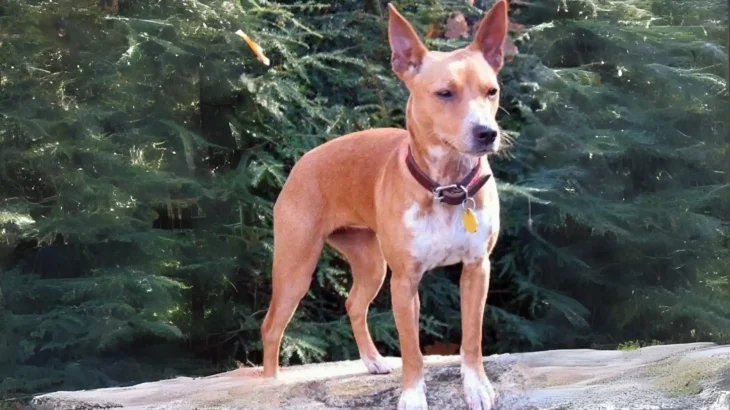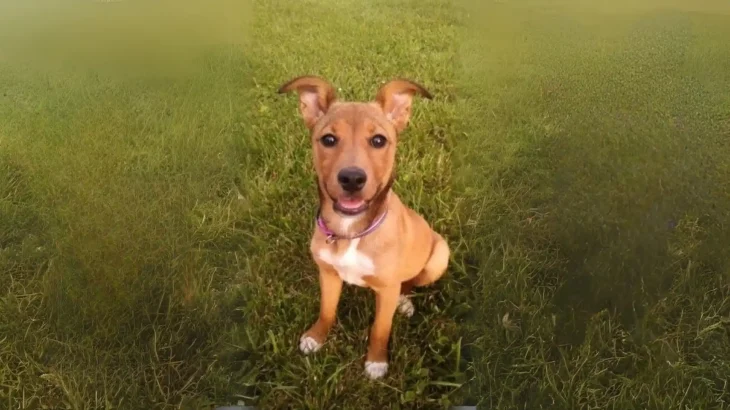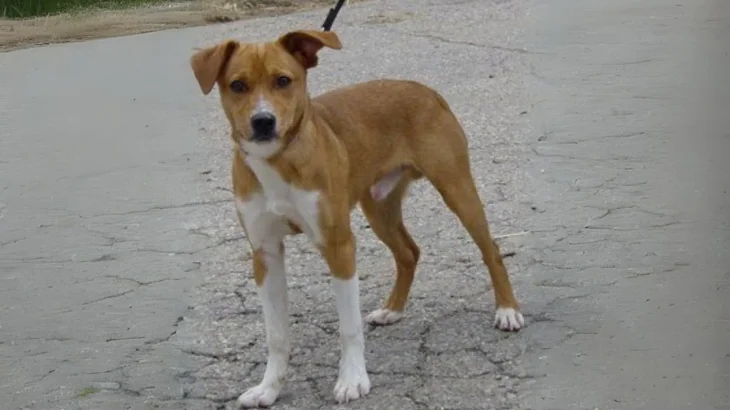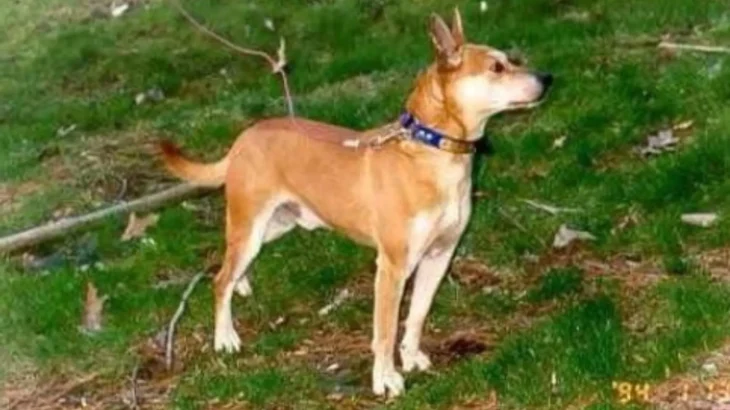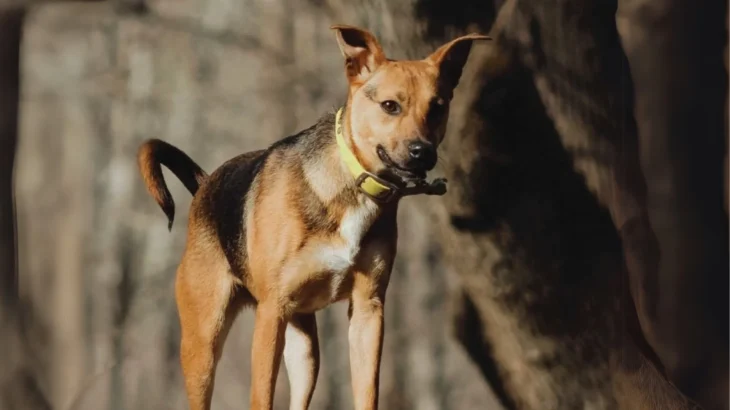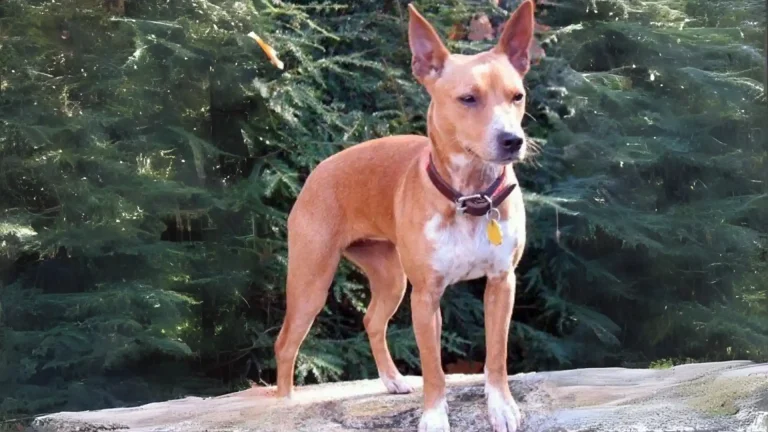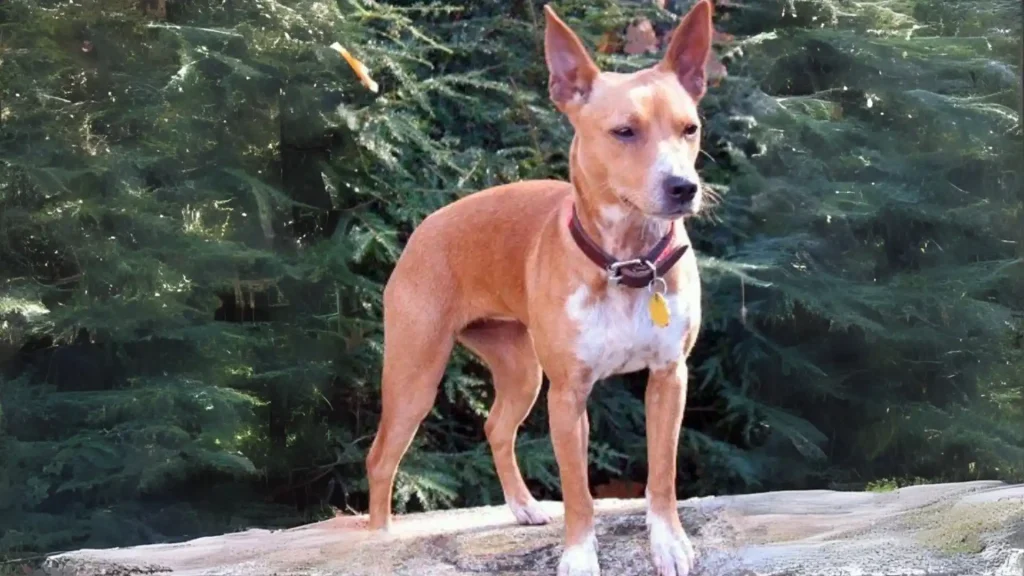Deciding whether to adopt or buy a Mountain Feist puppy depends on your priorities around cost, health assurance, and ethics. Purchasing from a breeder generally offers more predictability regarding health and lineage, while adoption can be a more affordable and compassionate choice that supports animal welfare.
Adoption vs. Breeder: Pros & Cons
| Criteria | Buying from Breeder | Adopting from Shelter/Rescue |
|---|---|---|
| Cost | Usually higher initial price due to breed purity and breeder costs. | Lower adoption fees, making it more budget-friendly. |
| Health History | Breeders often provide detailed health screenings and puppy histories. | Health history may be limited or unknown; shelters provide basic vet checks. |
| Age Availability | Typically available as puppies, enabling bonding from an early age. | Varied ages, including older dogs, which could be a great fit depending on preference. |
| Temperament Insight | Breeders can offer info about the puppy's lineage and expected traits. | Shelter staff may share behavior insights, but full background might be unclear. |
| Supporting Practices | Supports responsible breeders focused on breed standards. | Supports animal welfare efforts by giving a home to a dog in need. |
| Ethical Considerations | Important to ensure breeder operates ethically to avoid contributing to puppy mills. | Helps reduce pet overpopulation and rescues dogs from less fortunate situations. |

